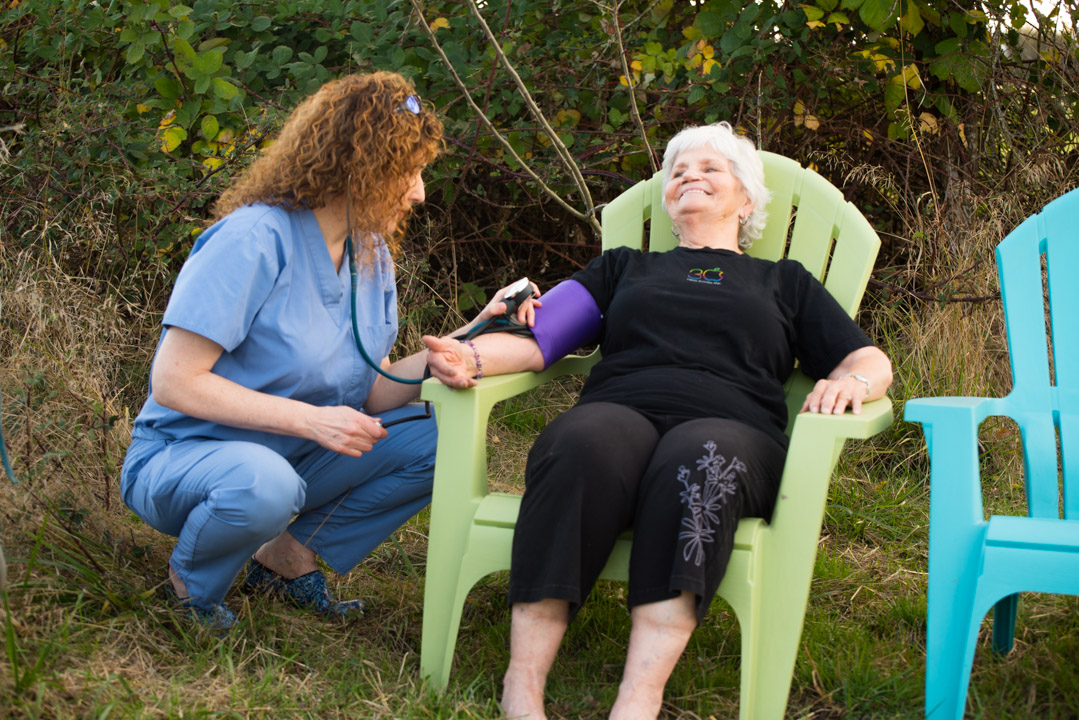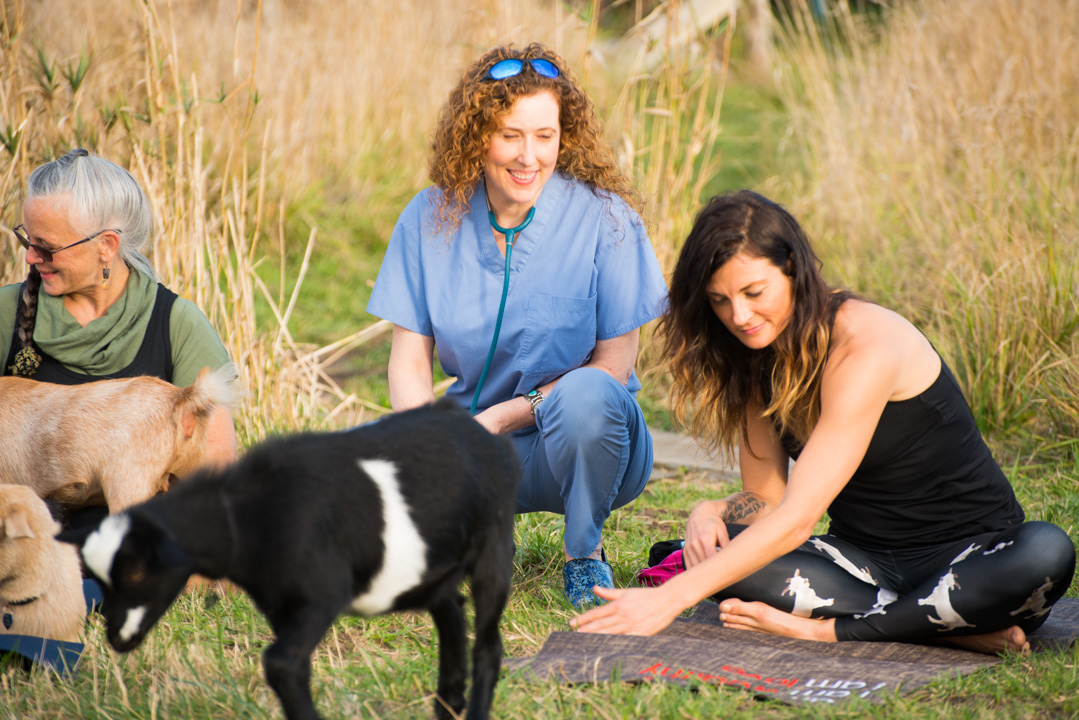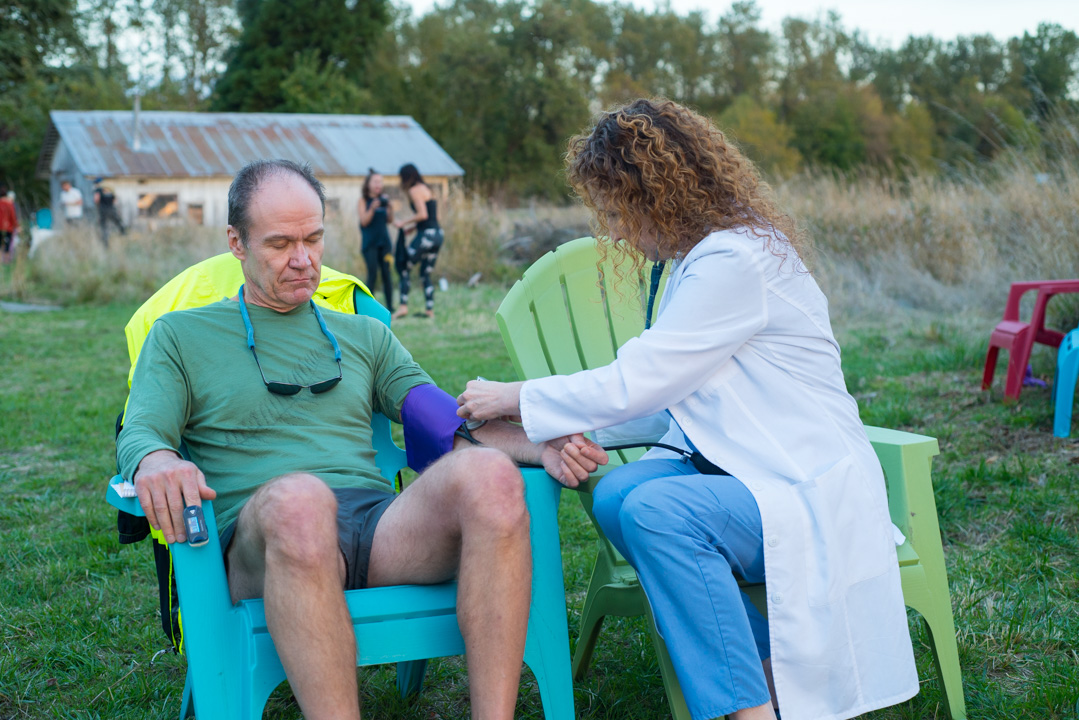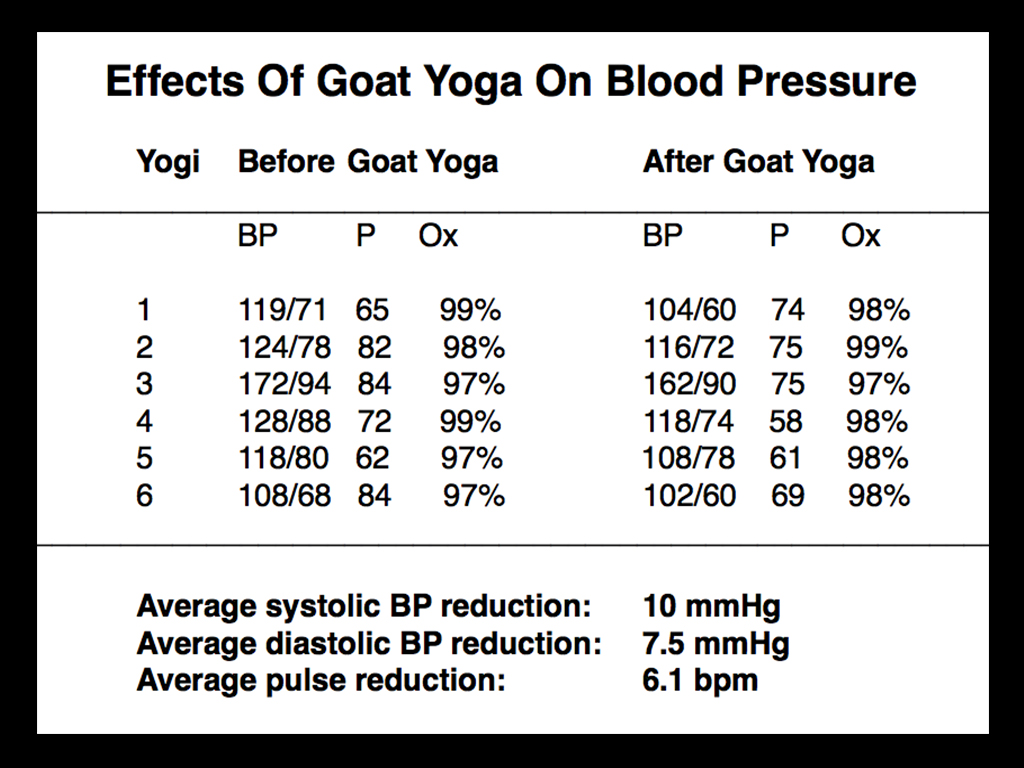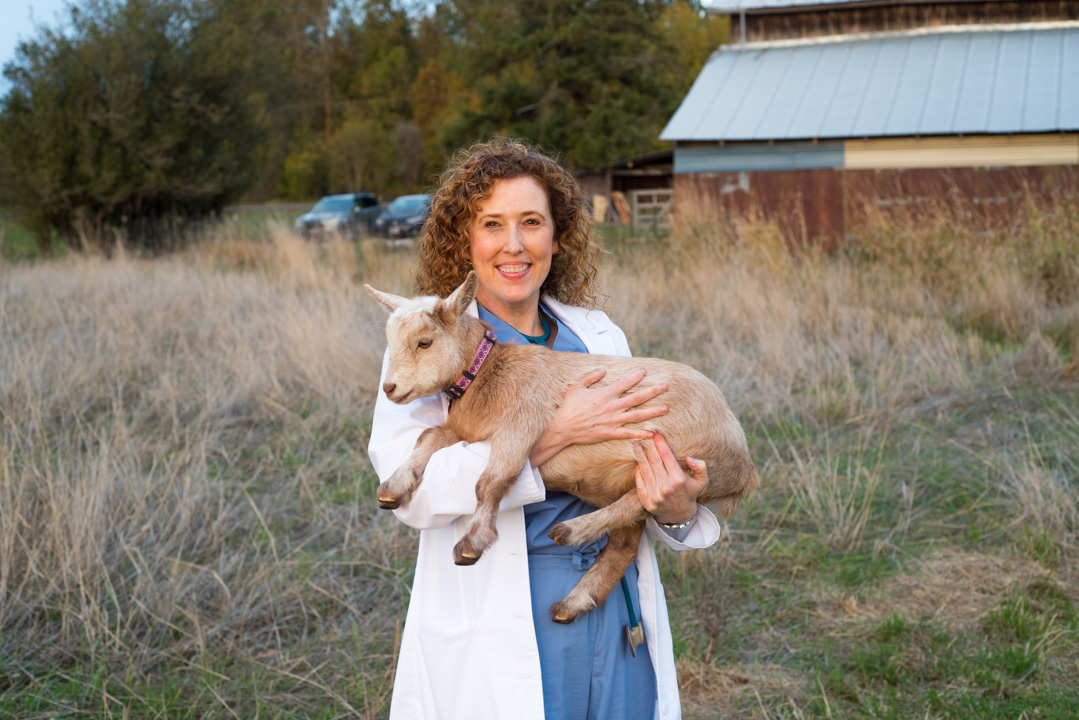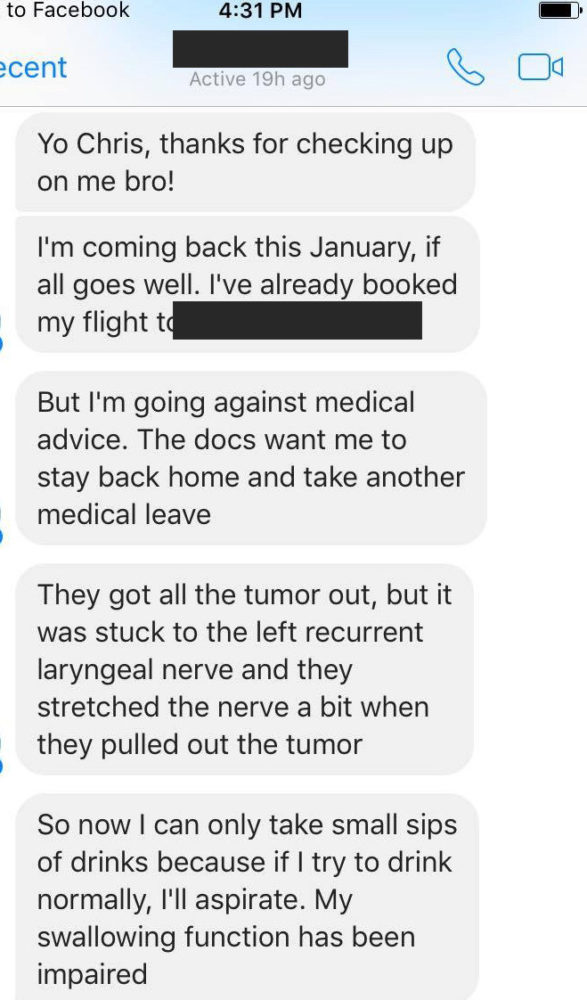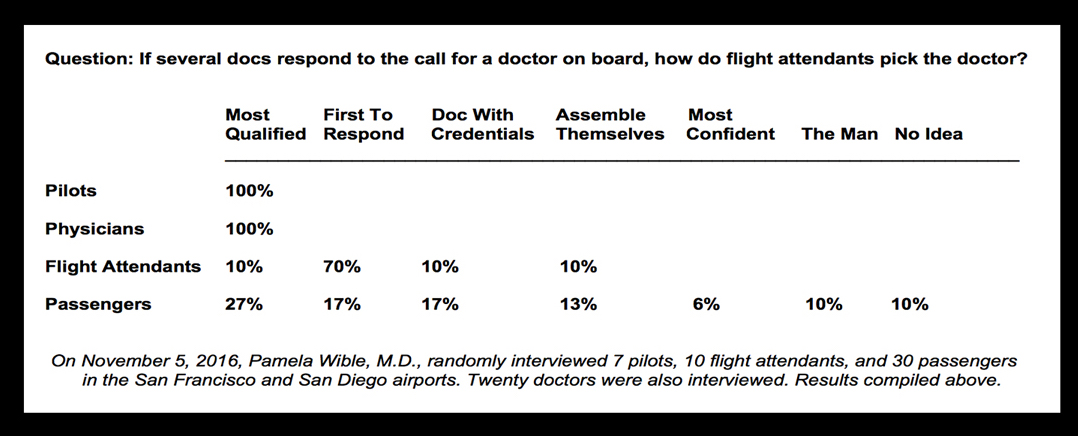Cheryl lost her son Sean to suicide in medical school. Just a few months ago. Her only child. Cheryl didn’t know that medical students were at high risk of suicide—until her son was dead. Nobody warned her.
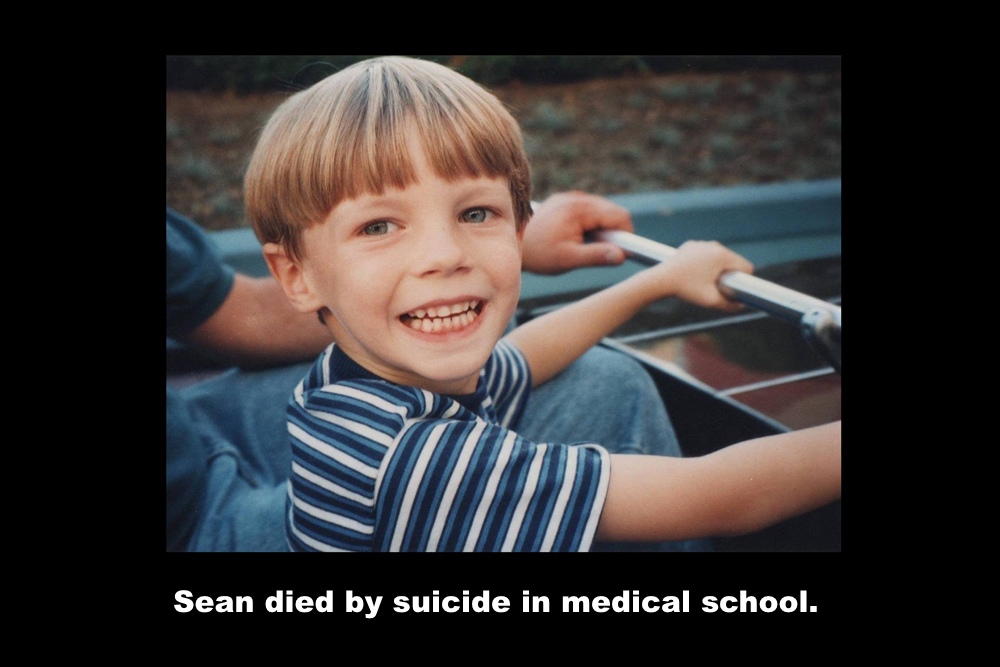
Rhonda lost her daughter Kaitlyn to suicide in medical school. Unable to recuperate from the pain of her daughter’s suicide, Rhonda died by suicide one year later. Rhonda didn’t know that medical students were at high risk of suicide—until her daughter was dead. Nobody warned her.
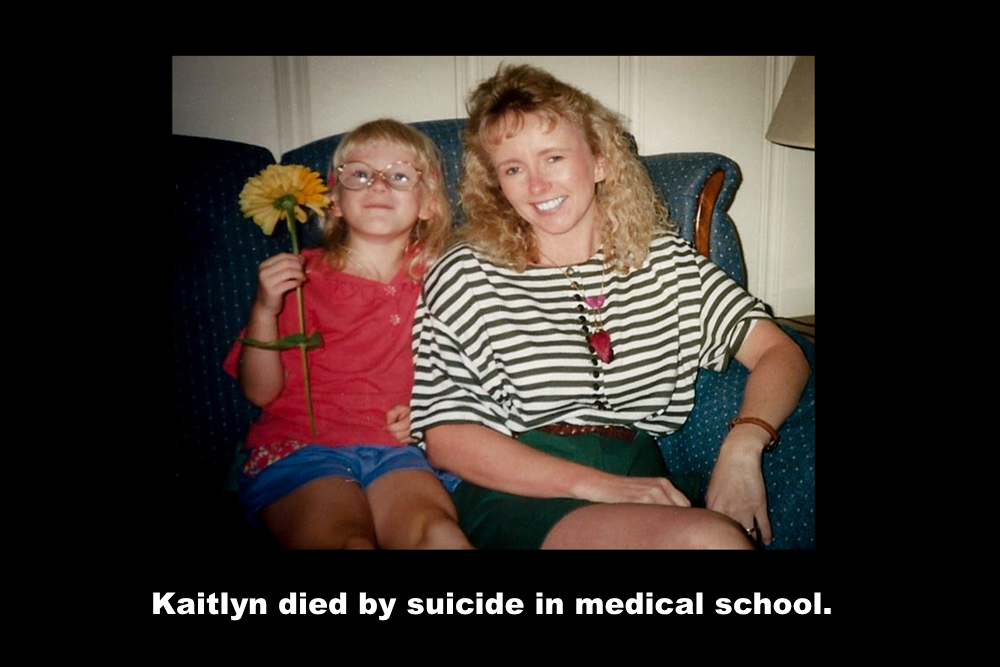
Michele lost her only son Kevin to suicide in medical school last year. Just 3 weeks before he was to graduate. Instead of celebrating her son’s graduation, she attended his funeral. Michele didn’t know that medical students were at high risk of suicide—until her son was dead. Nobody warned her.
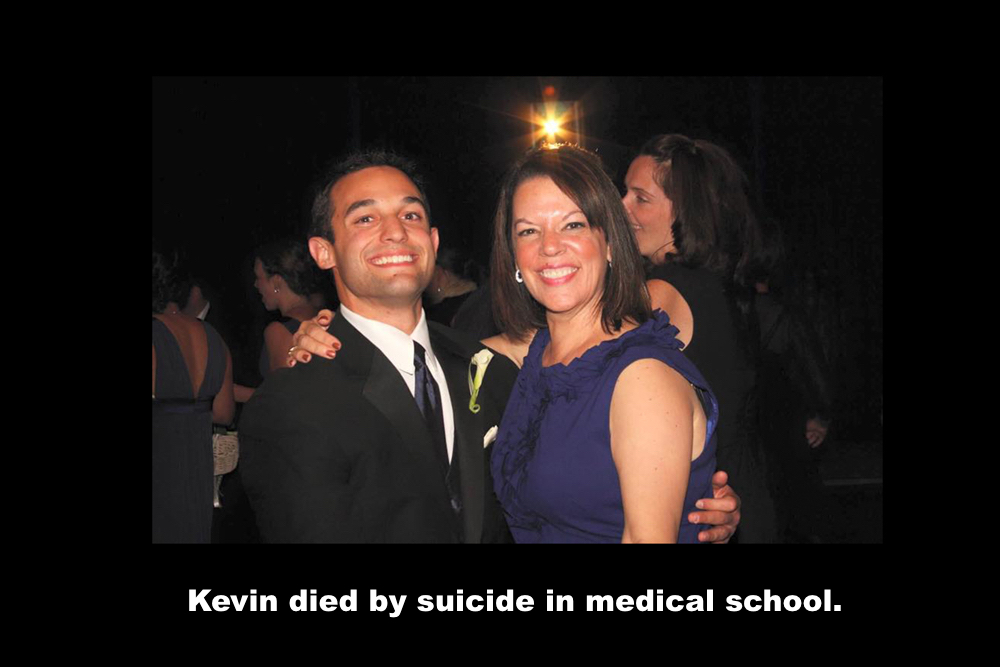
I was severely depressed in medical school. I lost both classmates I dated in med school to suicide. Suicide is an occupational hazard for medical students and physicians. Recently, I started a support group for parents who lost their children to suicide during medical training. They all wonder why nobody warned them of the hazards of a medical education. If someone had warned them maybe they could have saved their children’s life.
Cigarettes, cigars, chewing tobacco all come with a Surgeon General’s Warning. Why not medical school? If medical school came with a Surgeon General’s Warning, what would it be? I posed this question to medical professionals. Here’s what they told me.
“I’m an oncologist and this is a package of cigarettes and these cause cancer and you can read that right on the side of the box. It says Surgeon General’s Warning: Smoking causes lung cancer and there are a few other diseases that it causes and they are listed here. And I have a warning for people who may want to go into medicine. This would be my Surgeon General’s Warning to those people: Surgeon General’s Warning: Medical training and the practice of medicine can result in the loss of moral behaviors and expectations. This condition is termed demoralization and can be fatal.” ~ Dawn Lemanne, M.D.
“Medical school may cause poor self care, suicidal ideation, and will complicate pregnancy.” ~ Stephanie Waggel, M.D.
“Medical school could kill your child. [It’s] demands are severely underestimated. Ensure that your child has the ability to do this. Do not ideally assume they are smart and talented and send them off. They may die. Many have.” ~ Andrew Chang, medical student
“Protect your child as they enter this dangerous minefield. 1) Remind them that you love them unconditionally. (No one will be telling them that for many years). 2) Always tell them it’s okay to cry. 3) Call me anytime you want. 4) Venting is vital. 5) You are beautiful.” ~ Annmarie Ray, M.D.
“Medical school attendance may lead to any of the following: isolation, sleep deprivation, demoralization, stress, anxiety, obesity, alcoholism, drug use, abuse, bullying, emotional detachment, poor relationships, divorce, bankruptcy, sexual harassment, disillusionment, compassion fatigue, self-neglect, unethical behavior, mental fog, chronic conditions, preterm labor, suicide . . .” ~ Maili Velez-Dalla Tor, M.D.
“It will separate you from the people you love, prevent proper bodily functions such as bowel and bladder, cause extreme guilt that you are not doing everything right, and lead to loss of life.” ~ Wendy Schilling, M.D.
“Hypertension, diabetes . . .” ~ Lisa Splitstoesser, M.D.
“Extreme fatigue, denigration of self-worth, trauma, chronic illness, and suck the joy and passion right out of you.” ~ Ana Maria Sierra, Ph.D.
“[these health conditions are] Due to the blatant disregard for your own mental and physical wellbeing. It [the abuse] is perpetrated by your supervisors and administrators while you hold the weight of the world on your shoulders.” ~ Sangita Pillai, M.D.
“Surgeon General’s Warning: Residency may cause a psychotic break in previously healthy people.” ~ Kayla Luhrs, M.D.
“Is likely to cause loss of compassion, libido, health, wellness, sleep, close relationships, and overall joie de vivre. Apply at your own risk.” ~ David Kwon, D.O.
Informed consent is required in medicine. Everyone deserves to be informed of not only the health risks of using tobacco; they also must be informed of the health hazards inherent in the medical profession. Do you agree?
___
Pamela Wible, M.D., reports on human rights violations in medicine. She is the author of Physician Suicide Letters—Answered. Her TEDMED talk “Why doctors kill themselves” addresses the hidden medical culture of bullying, hazing, and abuse that endangers physicians—and patients. She hosts biannual retreats for medical students and physicians to help them heal from the trauma of medical training. Depressed Struggling? Contact Dr. Wible for help. Video by GeVe.


